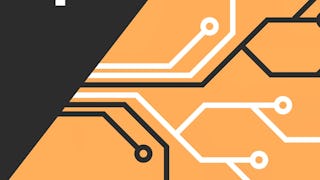This hands-on course equips learners with the foundational knowledge and practical skills to implement K-Means clustering for unsupervised machine learning using the R programming language. Designed for those with a basic understanding of R and statistics, the course guides learners through the process of exploring real-world datasets, preparing data for clustering, and interpreting segmentation results.



R: Apply & Analyze K-Means Clustering for Unsupervised ML

Instructor: EDUCBA
Access provided by Masterschool
What you'll learn
Explain clustering concepts and apply K-Means for unsupervised segmentation.
Prepare, scale, and analyze real-world datasets for clustering in R.
Evaluate clustering effectiveness and recommend data-driven grouping strategies.
Skills you'll gain
Details to know

Add to your LinkedIn profile
3 assignments
August 2025
See how employees at top companies are mastering in-demand skills

There is 1 module in this course
This module introduces learners to the foundational concepts and practical implementation of K-Means clustering using R programming. Through project-based learning, it covers the theoretical underpinnings of unsupervised learning, provides context for customer segmentation problems, and explains the workflow of preparing data, choosing appropriate clustering algorithms, and optimizing results using scaled variables. Designed for learners with a basic understanding of R and statistics, this module bridges conceptual clarity and hands-on execution in real-world clustering scenarios.
What's included
5 videos3 assignments
Why people choose Coursera for their career









